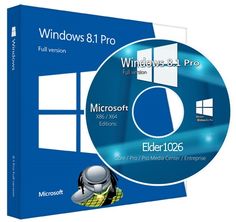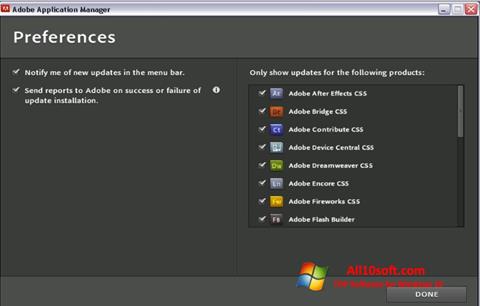
An NFT (and, if applicable, the associated license to use, copy, or display the underlying asset) can be traded and sold on digital markets. The NFT can be associated with a particular digital or physical asset such as images, art, music, and sports highlights and may confer licensing rights to use the asset for a specified purpose. CharacteristicsĪn NFT is a unit of data, stored on a type of digital ledger called a blockchain, which can be sold and traded. In 2022, the NFT market suffered a major collapse, with prices sharply falling a May 2022 estimate was that the number of sales was down over 90% compared to its 2021 peak. The NFT market has also been compared to an economic bubble or a Ponzi scheme.

NFTs have been used as speculative investments and they have drawn increasing criticism for the energy cost and carbon footprint associated with validating blockchain transactions as well as their frequent use in art scams. The NFT market grew dramatically from 2020 to 2021: the trading of NFTs in 2021 increased to more than $17 billion, up by 21,000% over 2020's total of $82 million. An NFT does not restrict the sharing or copying of its associated digital file and does not prevent the creation of NFTs that reference identical files. The ownership of an NFT as defined by the blockchain has no inherent legal meaning and does not necessarily grant copyright, intellectual property rights, or other legal rights over its associated digital file. Proponents of NFTs claim that NFTs provide a public certificate of authenticity or proof of ownership, but the legal rights conveyed by an NFT can be uncertain. Because NFTs are uniquely identifiable assets, they differ from cryptocurrencies, which are fungible.


NFTs typically contain references to digital files such as photos, videos, and audio. NFTs can be created by anybody, and require few or no coding skills to create.

The ownership of an NFT is recorded in the blockchain and can be transferred by the owner, allowing NFTs to be sold and traded. Illustration of a non-fungible token generated by a smart contract (a program designed to automatically execute contract terms)Ī non-fungible token ( NFT) is a unique digital identifier that cannot be copied, substituted, or subdivided, that is recorded in a blockchain, and that is used to certify authenticity and ownership.


 0 kommentar(er)
0 kommentar(er)
